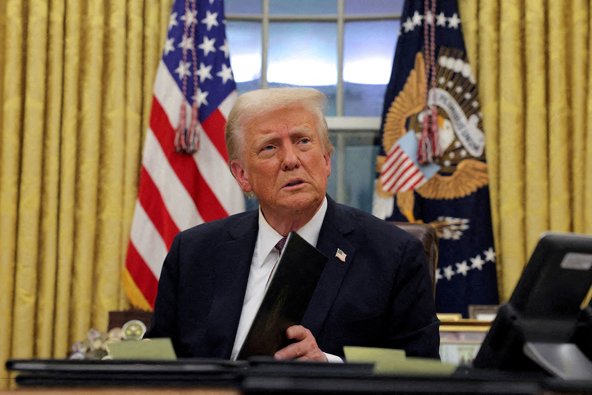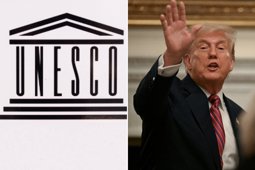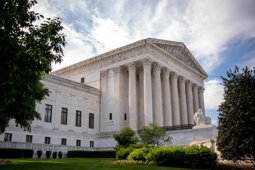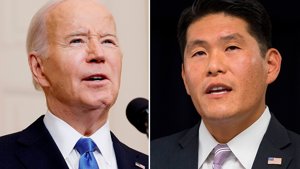
Trump DOJ Ends Federal Funding for Abortion Travel
Trump DOJ bars federal funds for unaccompanied minors’ abortion-related travel, overturning Biden-era interpretation.
Policy Shift Ends Taxpayer Funding for Ancillary Abortion Services
The Trump administration has rescinded a Biden-era legal opinion that permitted the use of federal taxpayer dollars to pay for services indirectly related to abortion, such as transportation for unaccompanied minor migrants seeking abortion care. The reversal, announced by the Department of Justice (DOJ) on Thursday, marks a return to stricter interpretations of federal law regarding abortion funding.
The previous policy, established under President Biden, allowed federal funds to cover costs associated with travel to abortion clinics and other support services for minors without guardians. This interpretation stemmed from a 2022 opinion by the DOJ’s Office of Legal Counsel (OLC), following the Supreme Court’s landmark decision to overturn Roe v. Wade.
At the time, the Department of Health and Human Services (HHS) argued that while Congress’s Hyde Amendment prohibits federal money from paying directly for abortions, it did not explicitly bar funding for related services. The Biden administration’s OLC agreed, permitting agencies like the Office of Refugee Resettlement (ORR) to help unaccompanied minors access abortion care by providing necessary transportation and logistical support.
Hyde Amendment Reinterpreted to Cover Ancillary Costs
The Trump DOJ’s new opinion, released July 11, now bars taxpayer funding for any “ancillary services” that might facilitate an abortion, including interstate travel. “Current regulations require ORR to ‘ensure that all unaccompanied children in ORR custody… be provided with… access to… family planning services,’ and recognize that ‘transportation across State lines and associated ancillary services’ may be ‘necessary to access’ such ‘family planning services,’” the opinion noted. However, the new guidance asserts that “where such transportation services are necessary for an individual to obtain an abortion, the associated costs constitute the kind of indirect expense that the post-1993 Hyde Amendment limits.”
The revised interpretation points out that the 1993 statutory language change in the Hyde Amendment broadened its scope, restricting not only direct but also indirect federal spending related to abortion services. “Under current circumstances, interstate transportation expenses could dwarf the cost of the abortion procedure itself,” the opinion stated, arguing that such expenditures are now prohibited by longstanding congressional policy.
This shift follows President Trump’s recent Executive Order 14182, which directs all federal agencies to “end the forced use of Federal taxpayer dollars to fund or promote elective abortion.”
The move is expected to have immediate implications for unaccompanied minors in federal custody who may seek abortion services, and it reinforces the administration’s stance on limiting federal involvement in abortion access. As legal challenges and policy debates continue, the future of abortion funding for minors—particularly those without guardians—remains a contentious issue in the national dialogue.






